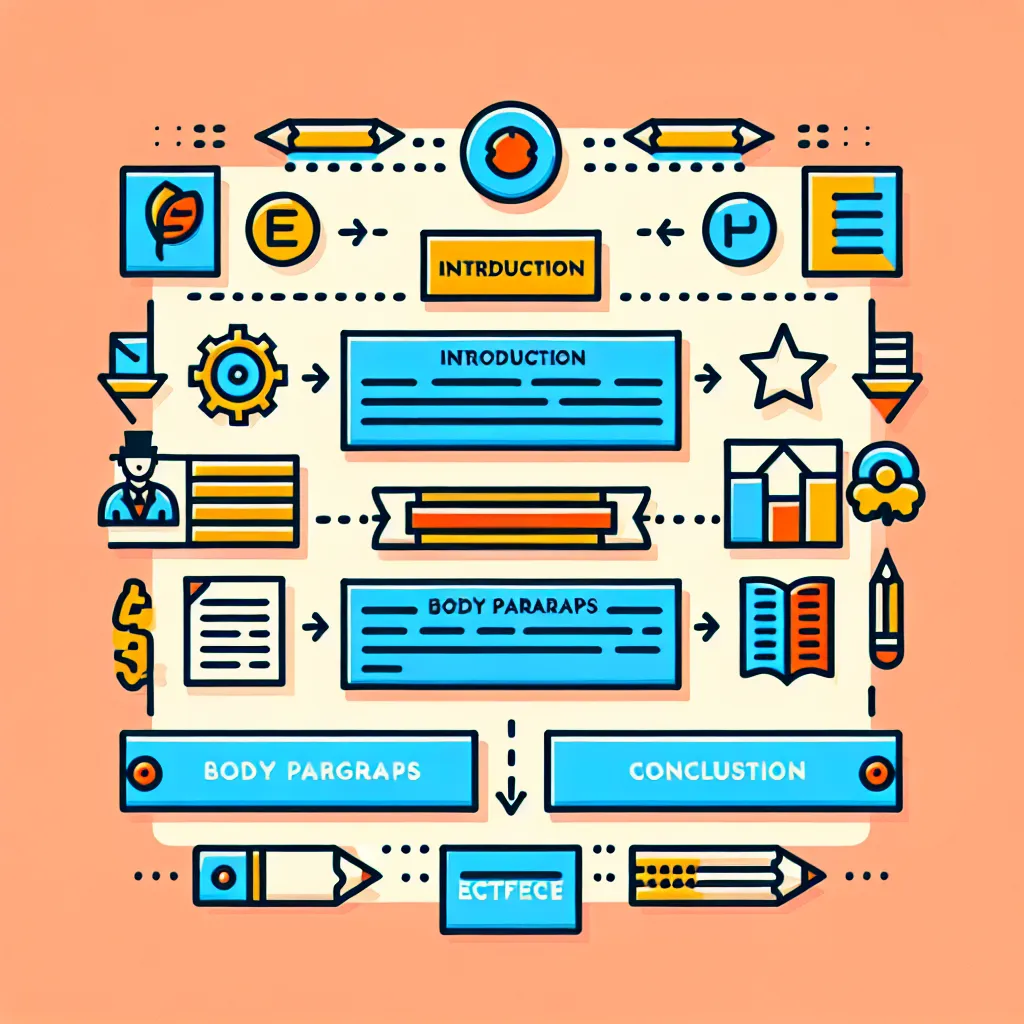Are you aiming for a high score in the IELTS Writing test? Whether you’re targeting Band 7 or even higher, achieving success in this challenging component requires dedication, practice, and the right strategies. In this comprehensive guide, we’ll explore the best IELTS Writing tips to help you reach your goal and excel in both Task 1 and Task 2.
Understanding the IELTS Writing Test
Before diving into specific tips, it’s crucial to understand the structure and requirements of the IELTS Writing test. The test consists of two tasks:
- Task 1 (20 minutes): Describe visual information (graph, table, chart, or diagram)
- Task 2 (40 minutes): Write an essay in response to a point of view, argument, or problem
Both tasks are equally important, but Task 2 carries more weight in your overall Writing score. Let’s explore some expert tips to help you succeed in each task and boost your chances of achieving Band 7 or higher.
 IELTS Writing Test Overview
IELTS Writing Test Overview
Task 1: Visual Information Description
Analyze the Data Carefully
- Spend 2-3 minutes examining the visual information
- Identify the main trends, patterns, or significant features
- Note any important dates, figures, or comparisons
Use Appropriate Language for Data Description
- Employ a range of vocabulary to describe trends (e.g., “increase,” “decline,” “fluctuate”)
- Use precise language to quantify data (e.g., “a slight increase,” “a dramatic fall”)
- Include specific figures to support your observations
Structure Your Response Effectively
- Introduction: Paraphrase the question and provide an overview
- Body paragraphs: Describe the main features and provide supporting details
- Conclusion: Summarize the key points (optional for Task 1)
Practice Time Management
- Aim to write 150-180 words in 20 minutes
- Leave 2-3 minutes for proofreading and editing
Task 2: Essay Writing
Analyze the Question Thoroughly
- Identify the task type (e.g., opinion, problem-solution, advantage-disadvantage)
- Underline key words and instructions
- Ensure you address all parts of the question
Plan Your Essay
- Spend 5-7 minutes outlining your essay
- Decide on your main ideas and supporting points
- Organize your thoughts into a clear structure
Develop a Strong Thesis Statement
- Clearly state your position or main argument in the introduction
- Ensure your thesis addresses the essay question directly
Use a Variety of Sentence Structures
- Mix simple, compound, and complex sentences
- Use linking words and phrases to connect ideas smoothly
- Employ a range of grammatical structures to demonstrate your language proficiency
Support Your Arguments
- Provide specific examples to illustrate your points
- Use real-life scenarios or personal experiences when relevant
- Include statistics or expert opinions if appropriate
Conclude Effectively
- Summarize your main points
- Restate your thesis in different words
- Provide a final thought or recommendation
Manage Your Time Wisely
- Aim to write 250-280 words in 40 minutes
- Allow 5 minutes for proofreading and editing
 IELTS Writing Task 2 Essay Structure
IELTS Writing Task 2 Essay Structure
General Tips for Both Tasks
Expand Your Vocabulary
- Learn and use academic vocabulary relevant to common IELTS topics
- Practice using synonyms to avoid repetition
- Incorporate idiomatic expressions appropriately
Improve Your Grammar
- Review and practice using a wide range of grammatical structures
- Pay attention to subject-verb agreement, verb tenses, and article usage
- Use complex structures like conditionals and relative clauses correctly
Enhance Your Coherence and Cohesion
- Use a variety of cohesive devices (e.g., “however,” “nevertheless,” “in addition”)
- Ensure logical progression of ideas within and between paragraphs
- Use referencing (e.g., pronouns, demonstratives) to link ideas
Develop Your Writing Style
- Aim for a formal, academic tone
- Avoid contractions, slang, and overly casual language
- Use hedging language when appropriate (e.g., “It could be argued that…”)
Practice Regularly
- Set aside time for daily writing practice
- Attempt a variety of task types and topics
- Time yourself to improve speed and efficiency
Seek Feedback and Learn from Mistakes
- Have your writing evaluated by a teacher or experienced IELTS tutor
- Analyze sample answers and compare them to your own
- Keep a log of your common errors and work on eliminating them
Important Considerations
- Read the instructions carefully for each task
- Stay on topic and address all parts of the question
- Write legibly and neatly to ensure your response can be easily read
- Avoid memorized essays or phrases, as examiners can easily detect these
Next Steps
Now that you’re armed with these expert IELTS Writing tips, it’s time to put them into practice. Here are some suggested steps to continue your preparation:
- Take a diagnostic test to assess your current writing level
- Create a study schedule focusing on your weak areas
- Practice writing Task 1 and Task 2 responses regularly
- Seek feedback from a qualified IELTS instructor or join a study group
- Review official IELTS Writing band descriptors to understand scoring criteria
Remember, achieving Band 7 or above in IELTS Writing requires consistent effort and practice. By implementing these strategies and dedicating time to improve your skills, you’ll be well on your way to success in the IELTS Writing test.
Are you ready to take your IELTS Writing skills to the next level? Start implementing these tips today, and don’t hesitate to share your experiences or ask questions in the comments below. Good luck with your IELTS preparation!
[internal_links]




